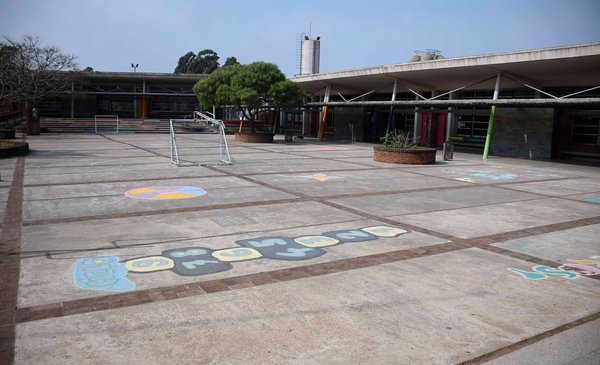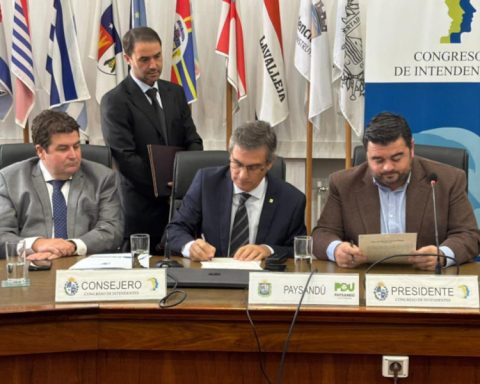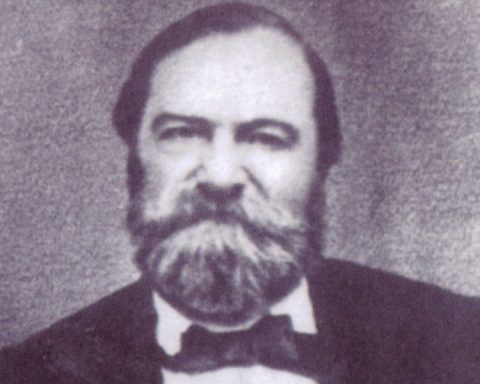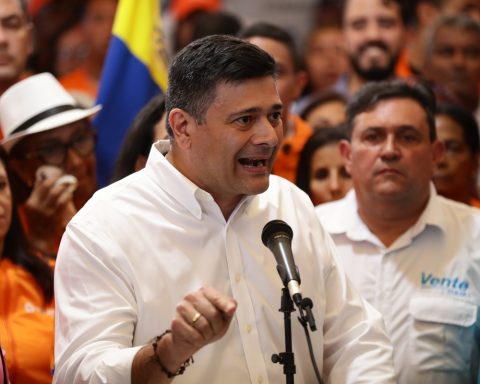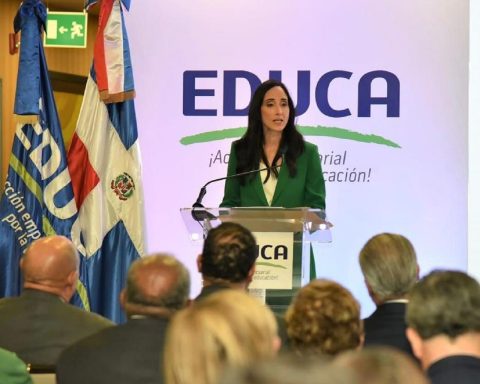“I’m not going to let you privatize the public school my children go to”says the voice-over of the spot advertising in favor of the repeal of 135 articles of the Urgent Consideration Law (LUC). The statement ignited criticism of the ruling party for appealing to “lies” to campaign.
Around the “privatizing” purpose of the LUC there is a conceptual discussion with divergent ideological considerations, although at no time does the norm establish the privatization of the public school.
Sources from the National Commission for Yes –which leads the campaign towards the referendum– indicated to The Observer that the audiovisual piece does not consist of a “manifesto for the LUC”, but rather seeks to spread “who are” those behind the social movement. In this sense, they remarked that the message seeks to emphasize their discrepancies towards any privatization orientation, and their willingness to “jump” if progress is made in that sense, even if a “literal” interpretation of the articles is not made. The video ends with the kick: “Now yes, let’s start the campaign for Yes.”
Those who claim that the LUC privatizes public education use two arguments: changing the name of an organization and increasing the participation of the private educational sector in areas of debate.
However, these two changes do not necessarily imply the privatization of the public school.
The Federation of Secondary Teachers (Fenapes) is the benchmark within the commission that deals with issues related to education, which involve 34 articles seeking to be challenged. In a tweet posted this Tuesday, The trade union organization defended its assertion with the argument about the changes introduced to the National Public Education System: the first modification consisted in removing the term “public” from its name.
“In this way, the ‘public’ concept of the national education system disappears,” stated Fenapes. “This suppression of the public is not just a linguistic change, it means an important change in the symbolic. A drastic change in orientation. It modifies the Varelian sense of education ”, he added.
The scope takes shape in the Education Coordinating Commission –Before the conceptualization of the “public” education system – which is in the orbit of the Ministry of Education and Culture (MEC). Its role is to coordinate and issue an opinion on educational policy and promote planning. This commission has not met so far in the government, as confirmed by the National Director of Education, Gonzalo Baroni, to The Observer.
The hierarch pointed out that the intention of the portfolio is to finish summoning all the departmental commissions –today there are 15 formed– before reaching the national level. “First we go for decentralization, and then for centralism,” he declared. Baroni indicated that they intend for the space to be configured after February 2022.
The critics
Apart from the deletion of the term “public”, the opposition charges its bullets against the new integration defined by the LUC. The article in search of being repealed incorporates, first, “a representative of the private primary and secondary education” and another one for the private universities, unlike the General Education Law of 2008, which was limited to the public sphere. Criticism from the promoters of the referendum points out that the LUC “equates what is public with what is private”, as detailed on the platform I sign.
New incorporations are also being questioned: a delegate from INAU, another from the National Institute for Employment and Professional Training (Inefop), one from military training institutions, another from police training institutions and one from Sodre schools. Although it has nothing to do with the “public school” to which the spot alludes, the new wording implies taking his place from the rector or vice-rector of the University of the Republic, and also having one less delegate on the Commission.
Camilo dos Santos
The substantive debate behind privatization at the LUC
“The educational system is for me public, private and everything that it attends,” said Baroni, in line with the aim that “the governing action of the State reaches all the actors in the field of education with equal force.”, as stated by the government in the explanatory memorandum of the LUC. The hierarch added that the previous vision of the public “was myopic”, while INAU, Inefop and military and police centers were not contemplated.
Consulted by The ObserverThe Frente Amplio senator José Carlos Mahía –who follows issues related to education– responded that he “does not take literally” the statement that the LUC privatize public schools. “It does have a tendency to privilege the private over the public. When you equal unequal situations, you privilege the one with the least impact. In Uruguay, 85% is public. In the institutional design, in fact, it prioritizes the private sector over the role it actually plays in the development of education. “.
For the expert in the sociology of education, Tabaré Fernández, the LUC “shows that the representation of the private sector has indeed gained some positions”, although the transformations expressed in this direction “could not have any relevant consequence”, except “that which is does in teacher training ”, according to commented in a seminar of the Udelar in 2020, consigned by The Daily. However, it has nothing to do with public school.
Incidence
In a column published in La Diaria four months ago, the former director of Education and former councilor Luis Garibaldi attacked the non-convening of the commissions more than a year after taking office. “In such a complex year for education, wasn’t it necessary to coordinate, agree on common criteria, exchange information? Wasn’t it necessary for institutions to share protocols, definitions, educational platforms, evaluation criteria in times of pandemic? It seems not” , wrote.
Garibaldi argued that the Commission contributed to the “regulation of the election of members of the Central Directive Council (Codicen) of the National Public Education Administration, to the implementation of the National Institute for Educational Evaluation (Ineed), to the redesign of Police Education and Military “, among others.
Juan Pedro Mir, also former Director of Education and a member of Eduy 21, was blunt: “(The commission) politically does not alter the functioning of the systems. In our country the educational entities are those with the highest level of autonomy, even more than those of the commercial entities”, said to The Observer on the area that is in the orbit of the MEC – and therefore its decisions are not binding.
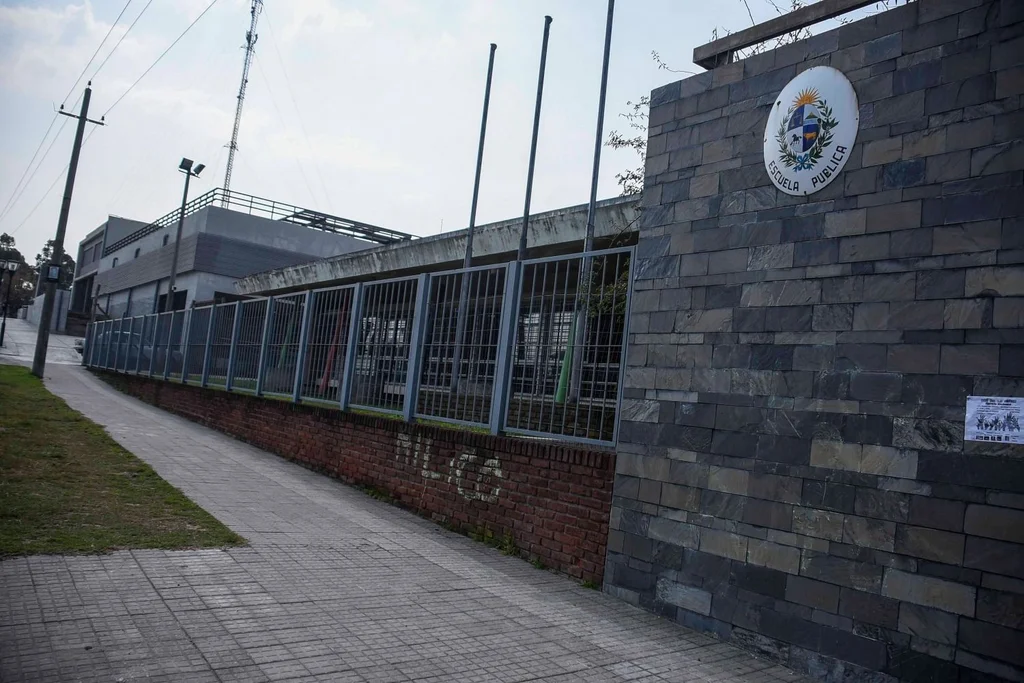
Camilo dos Santos
The substantive debate behind privatization at the LUC
“Yes, there is a manifest intention to open the game to the participation of other actors of the great guidelines,” he said. “Although it is widely studied that the broader the collegiate decision-making bodies, the less the effect on the construction of public policies,” he added. Mir argued that there is a “phenomenon of privatization of public education that has been increasing since the late 1980s. The middle sectors spend more and more on other educational circuits,” he said, and pointed to other extracurricular activities as an example. “They solve privately what is withdrawn,” he said.
The Observer He tried to communicate with the president of Fenapes, José Olivera, but the union leader did not respond to calls or messages.
